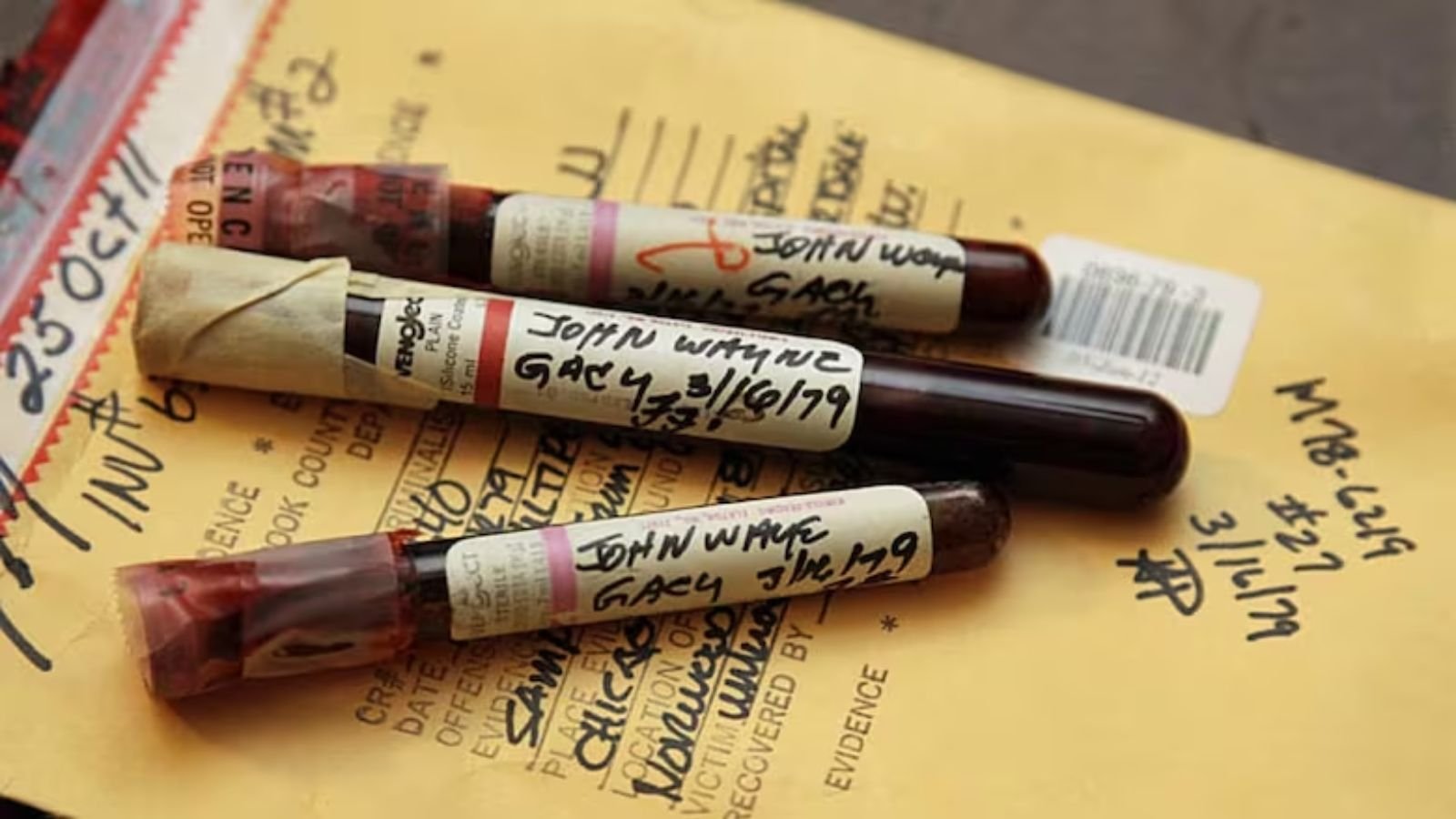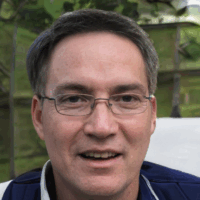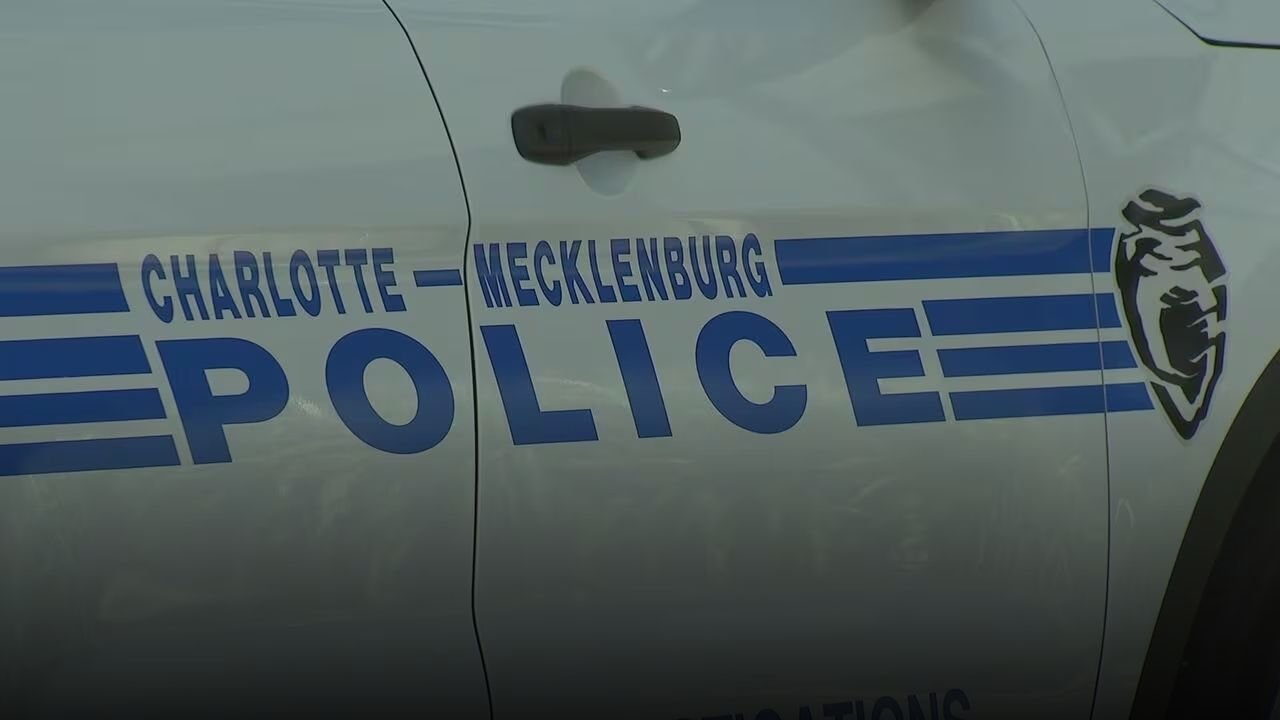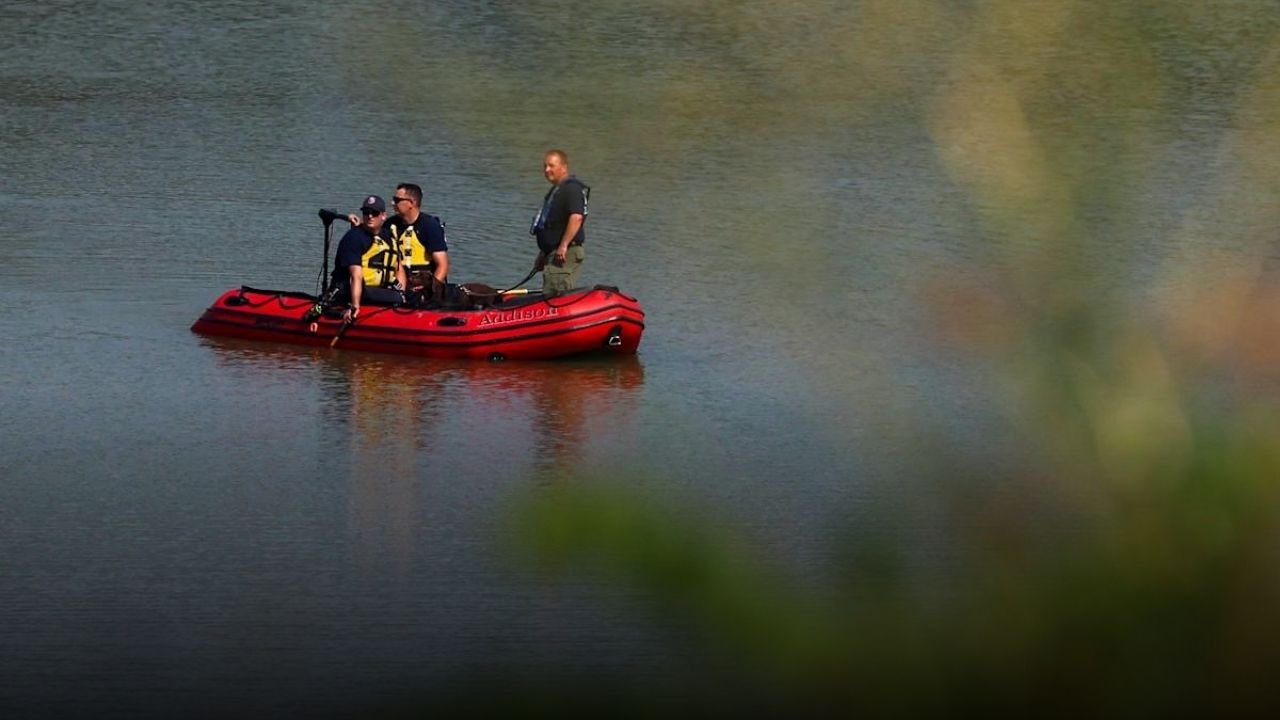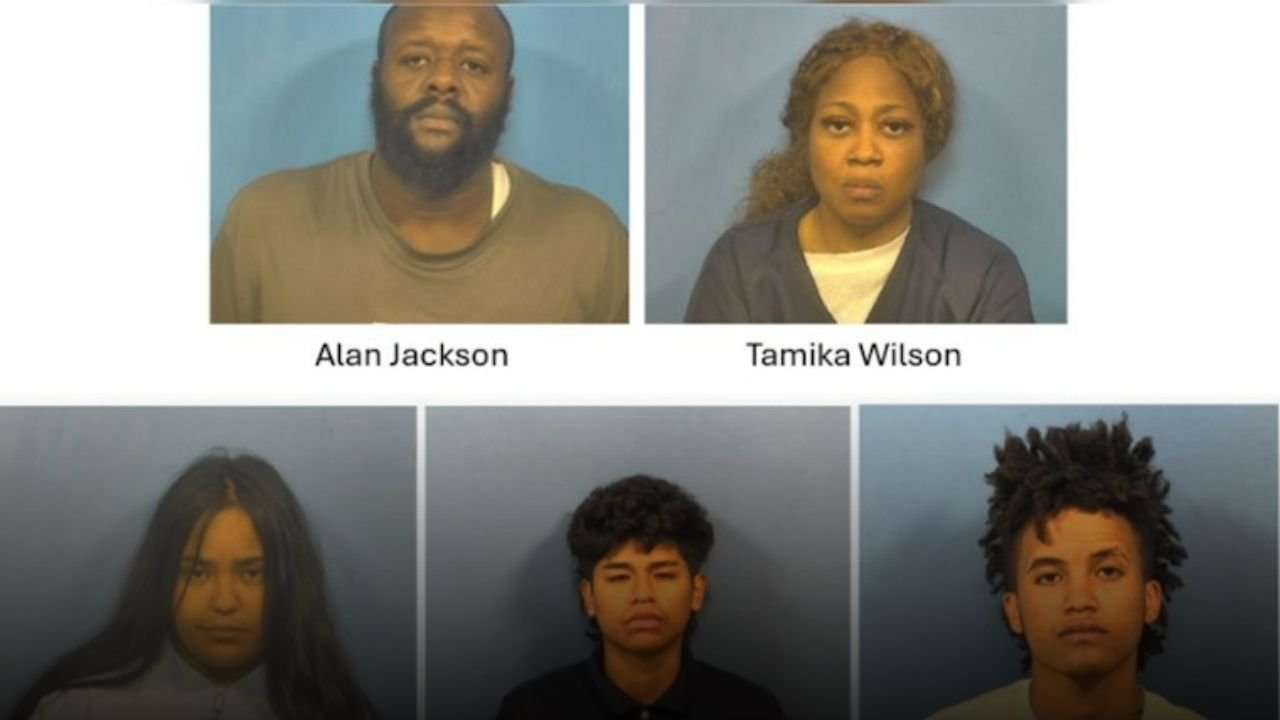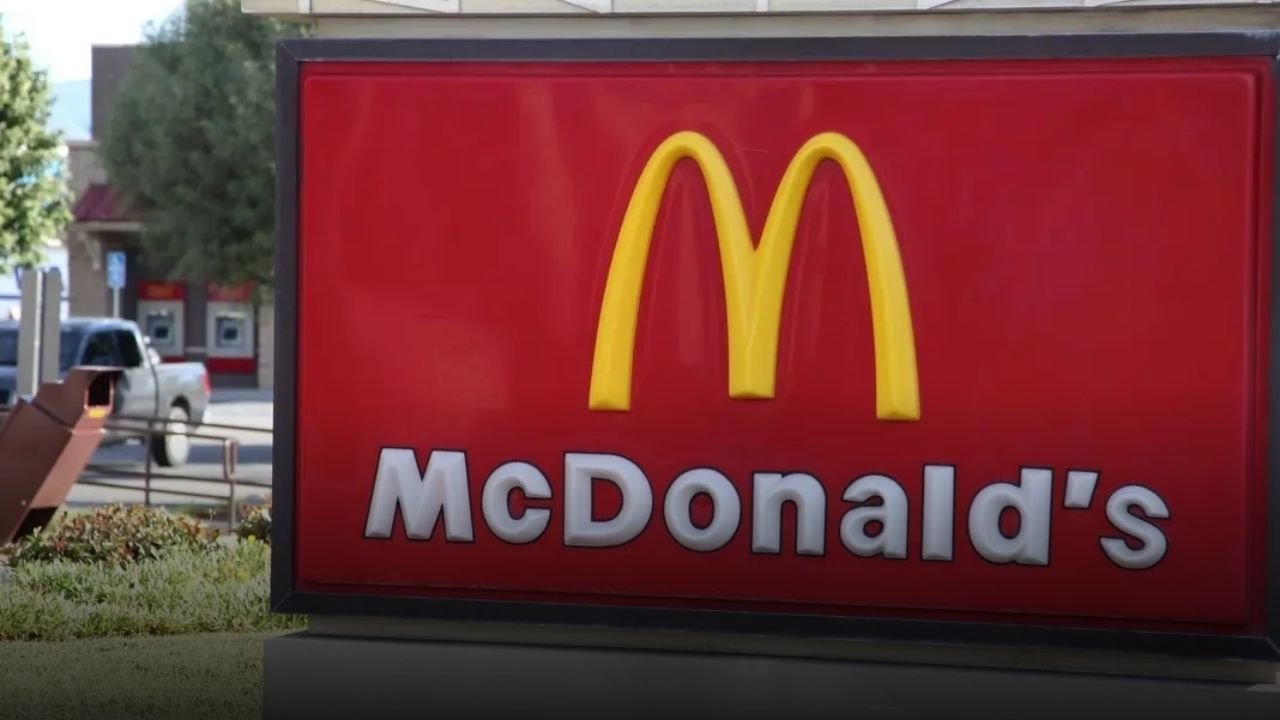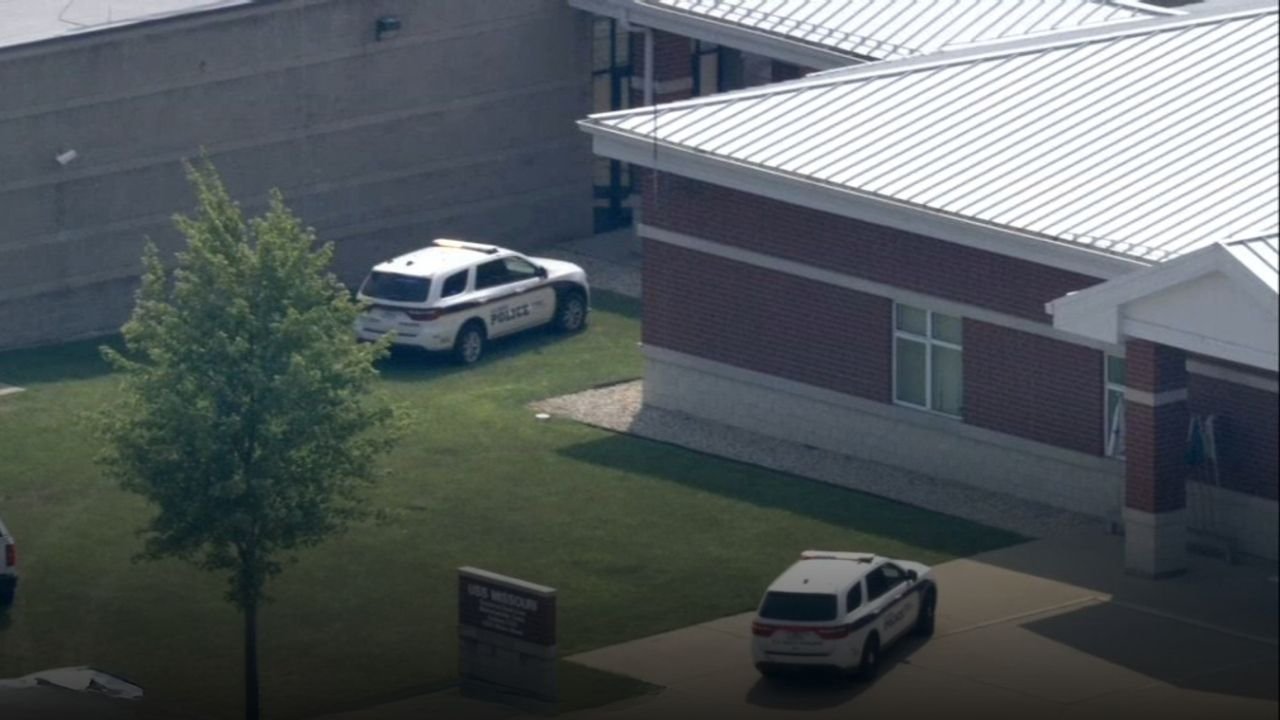ILLINOIS — With cold case clearance rates lagging in Chicago and across the state, a new approach gaining traction in other parts of the country could offer hope: encouraging the public to upload their DNA profiles to forensic genealogy databases.
Growing National Trend
In California, the Calaveras County Sheriff’s Office has launched an appeal urging residents to voluntarily contribute their DNA profiles from services like Ancestry or MyHeritage to platforms accessible to law enforcement. The goal is to help identify unknown remains, solve cold case homicides, and locate missing persons.
Why It Matters for Chicago
This approach arrives at a time when Chicago Police Department continues to face scrutiny for failing to solve a rising number of homicides, as documented in recent reporting. Forensic Investigative Genetic Genealogy (FIGG) could offer a new investigative tool for Illinois law enforcement, especially in long-unsolved murders or missing persons cases.
How It Works
To participate, individuals must:
-
Complete a DNA test via providers like Ancestry or MyHeritage.
-
Upload their DNA to databases like GEDmatch or FamilyTreeDNA.
-
Opt-in for law enforcement use (where required).
Some platforms like GEDmatch allow law enforcement access by default unless users opt out, but privacy settings vary. Experts recommend reviewing Terms of Service before uploading genetic data.
Privacy Debate and Legal Boundaries
While the initiative holds promise, it also raises concerns over privacy and data use. Civil liberties groups have previously cautioned about the potential misuse of genetic data and lack of legal protections if policies are not clear.
Could Illinois Follow?
While Illinois agencies have not publicly launched a similar DNA drive, experts suggest that public-private partnerships, community education, and transparency could pave the way for ethical implementation of such programs.
“If more people are willing to upload their DNA, we can finally get answers for families waiting decades,” said a forensic genealogy expert affiliated with national cold case programs.
Do you think Illinois should launch a public DNA contribution program to solve cold cases? Let us know what you think in the comments at ChicagoSuburbanFamily.com.

